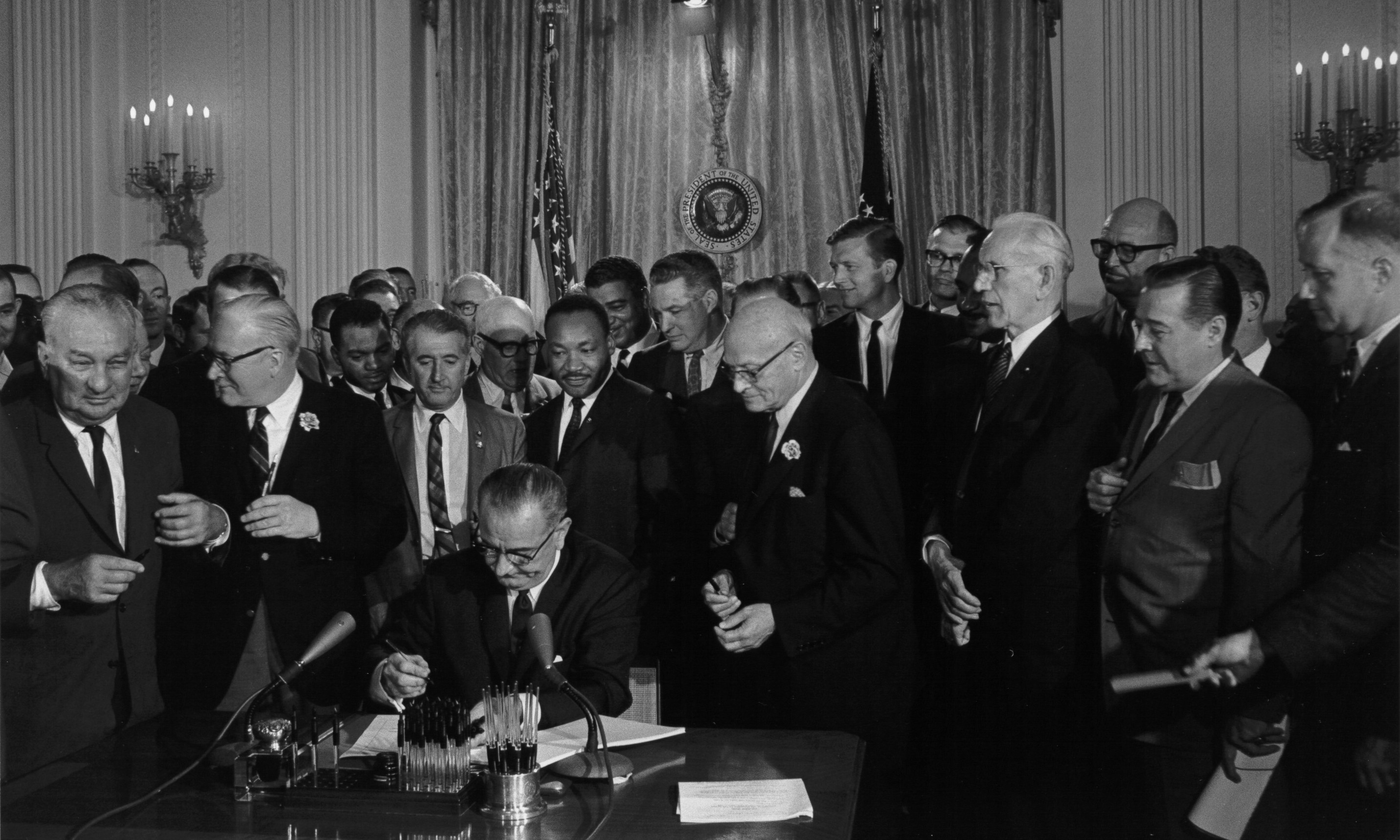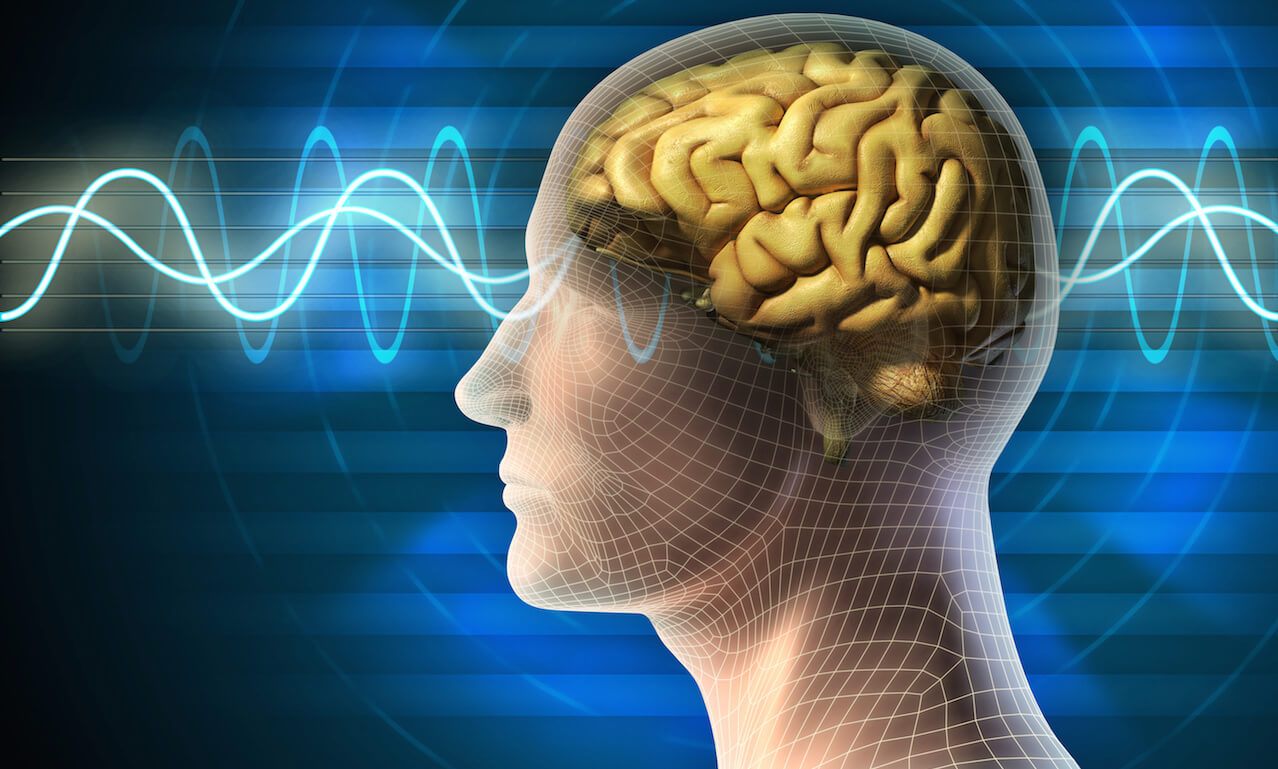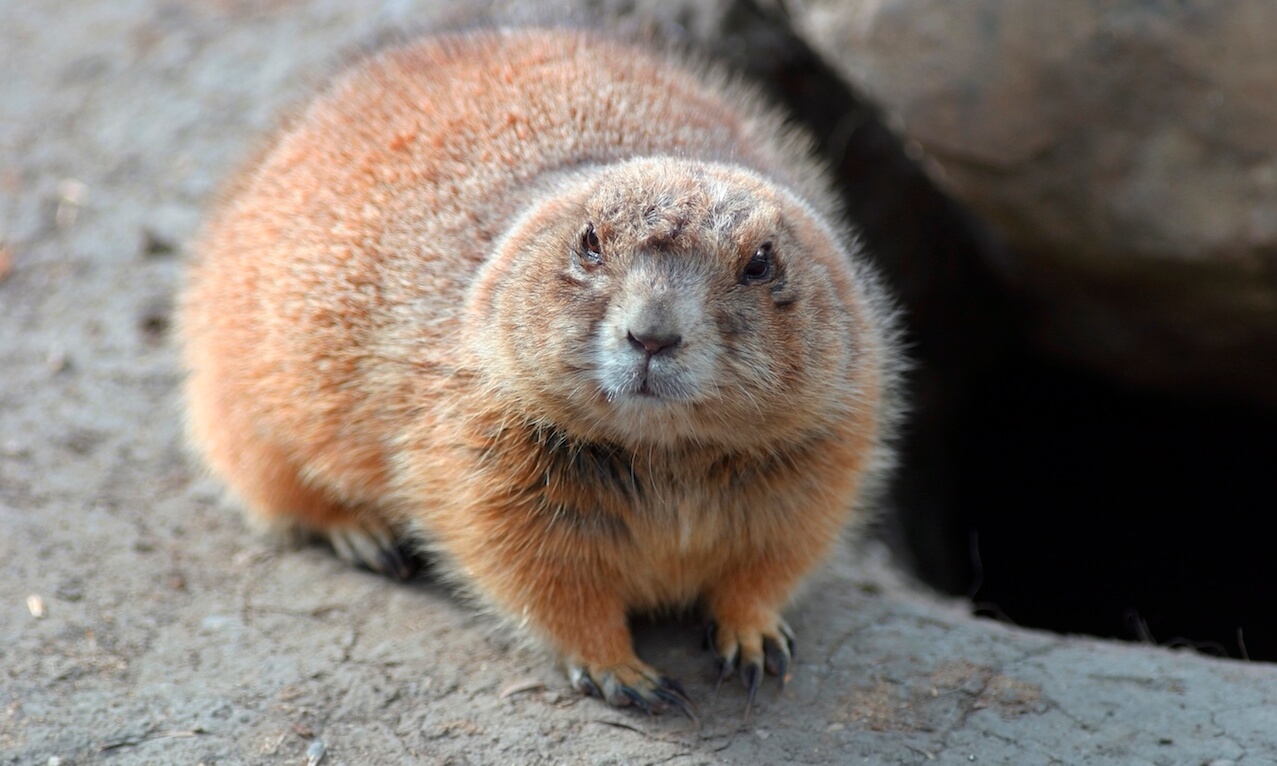Author Tim O’Brien talks to a reporter from The Washington Post about how he remains deeply haunted by his time as a solider in the Vietnam War.


Author Tim O’Brien talks to a reporter from The Washington Post about how he remains deeply haunted by his time as a solider in the Vietnam War.

In this podcast, the creator of an art installation in Manchester, England, discusses how she used real-time data that informed poems written by A.I. and were displayed around the city.

This article notes some of the key players in the passing of the Civil Rights Act. Roll over the hotspots in the image to find out more about each person.

Neuroscientist Michael Graziano outlines the steps he believes would create an artificially-conscious computer.

Among the more well-known male writers and artists of the Harlem Renaissance existed women who also deserve to be recognized. Read about three writers whose work reflected being both black and female.

An October 2017 report by Greenpeace, an environmental group, rated the environmental impact of several tech companies. Many of them did not rate well.

Learn about what led to the crash of the stock market in 1929 and the resulting effects.

In this biographical essay, literary critic Adam Kirsch argues that Robert Frost led a kind of double life that was necessary to create his acclaimed poetry.

At the end of World War II, American servicemen in Europe organized a “World Series” baseball game, played in Nuremberg’s Stadion der Hitlerjugend, formerly the site of Nazi Party rallies.

Can you imagine a video game that can tell if you are happy or frustrated? Computers, smartphones, even cars may someday be able to identify our emotions and adjust accordingly.

Read how Muhammad Ali, one of the United States’ most prominent sports figures, influenced the Civil Rights Era in the fight for equality.

This article describes the chain of events that led to the 1969 Supreme Court decision that protected students’ right to free speech.

Check out this interactive timeline of science fiction literature, from Jonathan Swift and Mary Shelley to Douglas Adams and Octavia Butler.

During the Cold War, the Soviet Union created millions of detailed maps of locations across the globe. Read about the historians uncovering the previously-classified documents and why they were important.

Critic Alina Cohen reviews a recent Broadway production of The Crucible and reflects on the play’s lasting themes.

Read about this collection of photos by Carl Van Vechten, who employed more of an archival rather than artistic method to his work. He sought to photograph as many notable people of the early 20th century as possible.

Artificial intelligence is all around us—and it’s not a bunch of robots that behave like humans. Find out what AI looks like in today’s world, and discover how we got here.

Earlier this year, the Illinois Holocaust Museum and Education Center featured an exhibit that explored the controversial 1936 Olympic Games held in Nazi Germany.

Mike Farley, the CEO of a Silicon Valley-based company, argues that technology companies should focus on solving simple everyday issues in order to connect to consumers.

Read about the city that influenced Fitzgerald and his work.